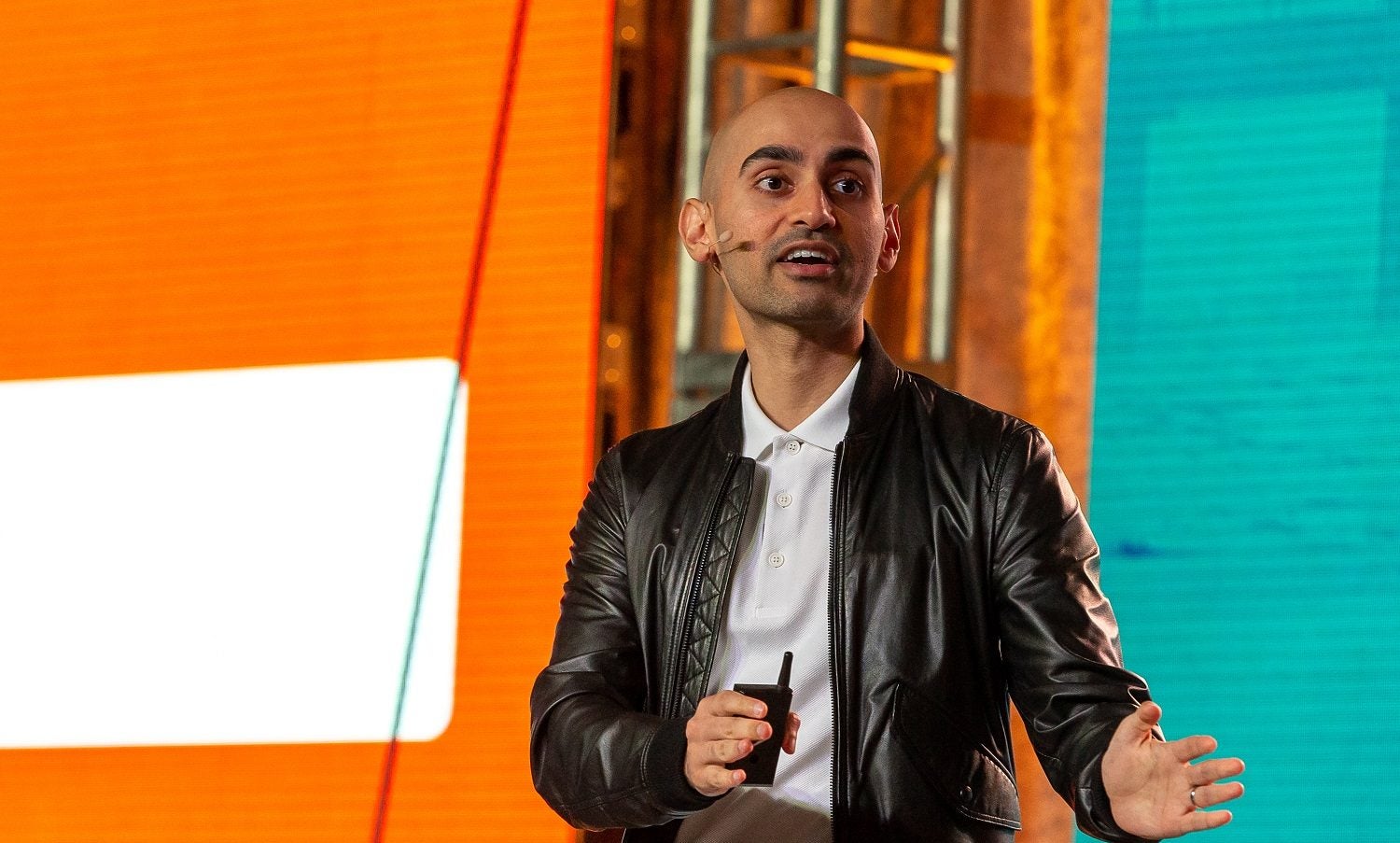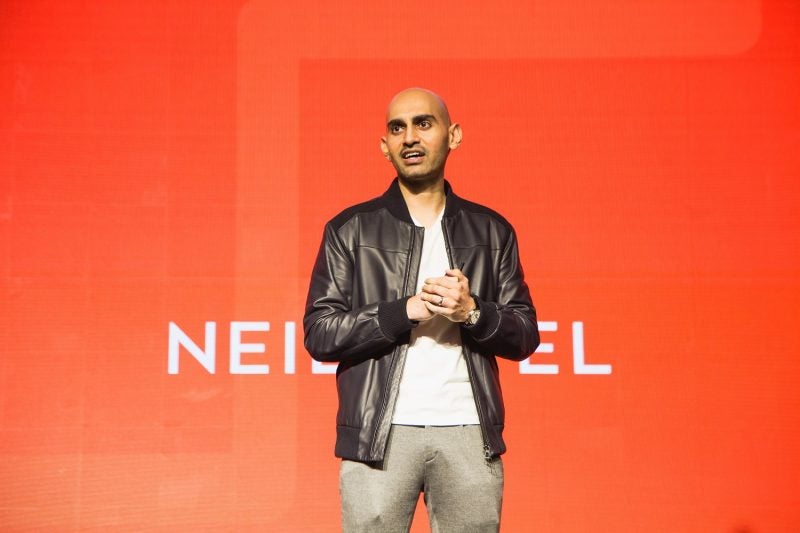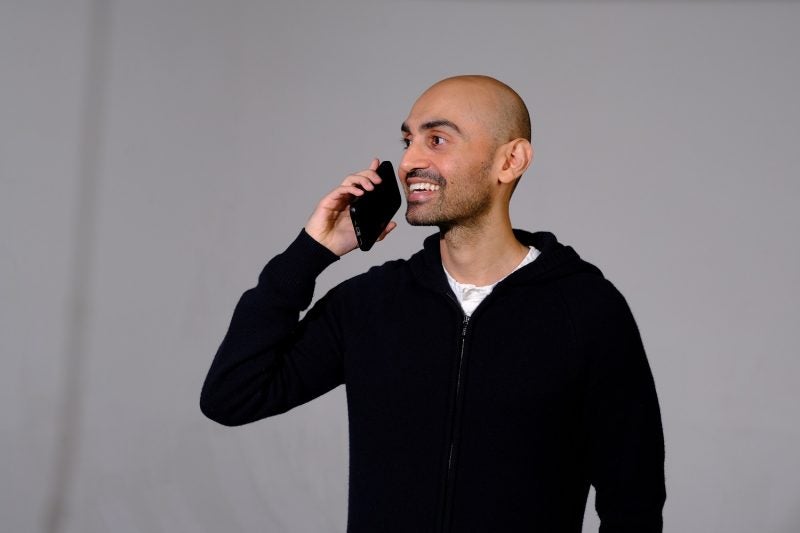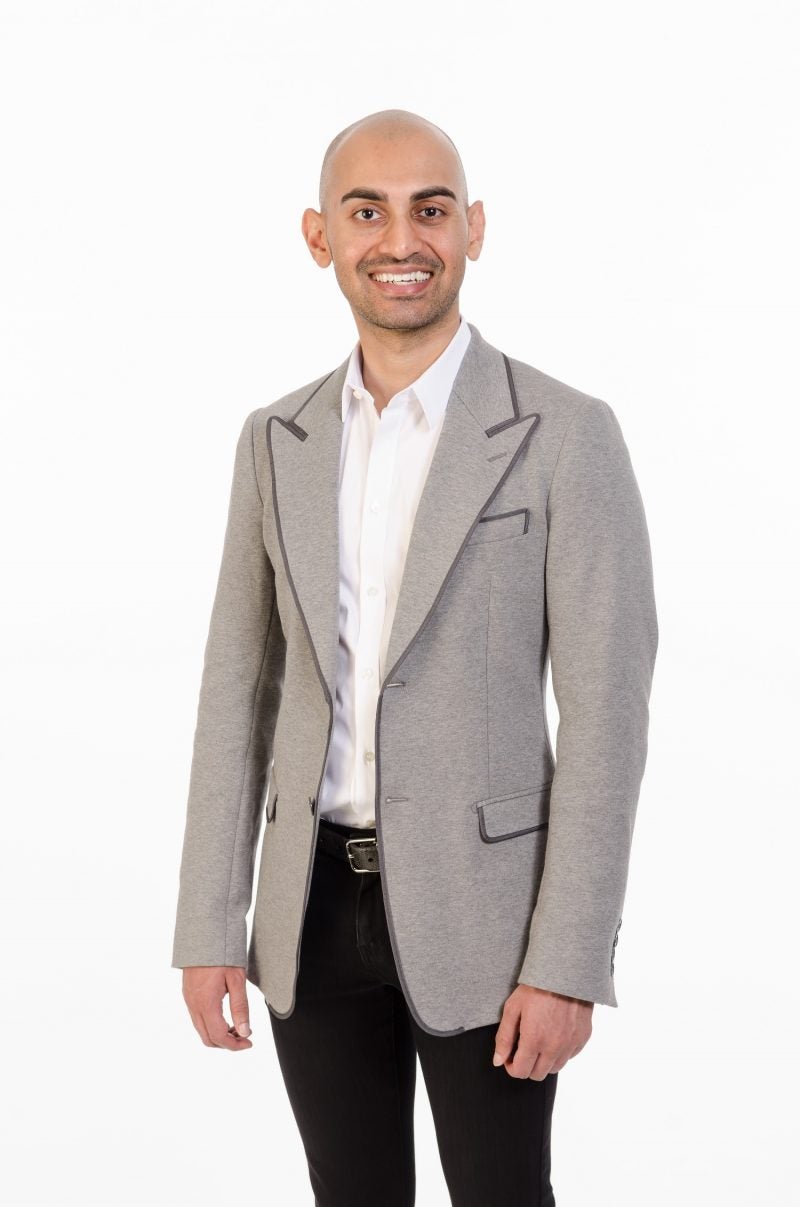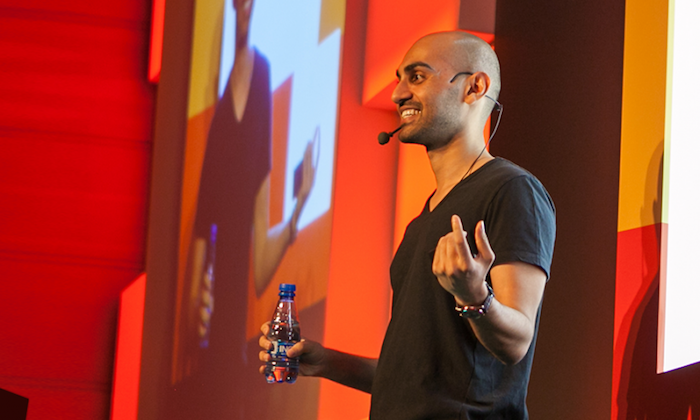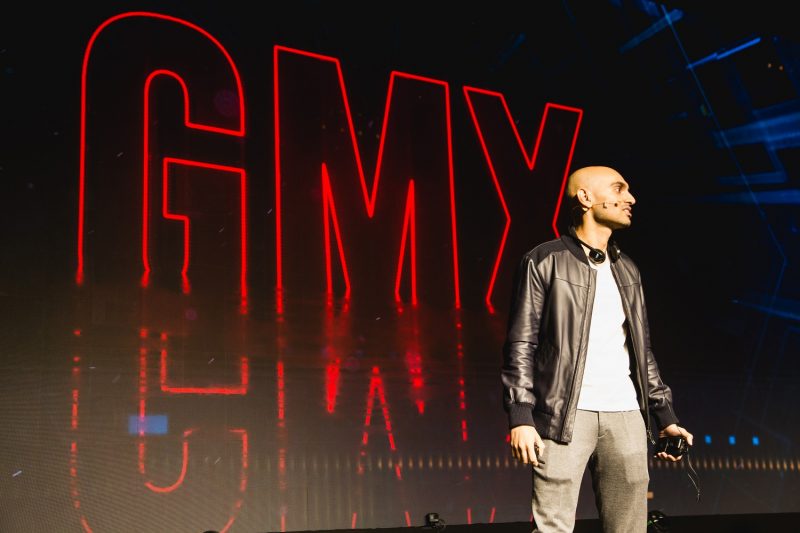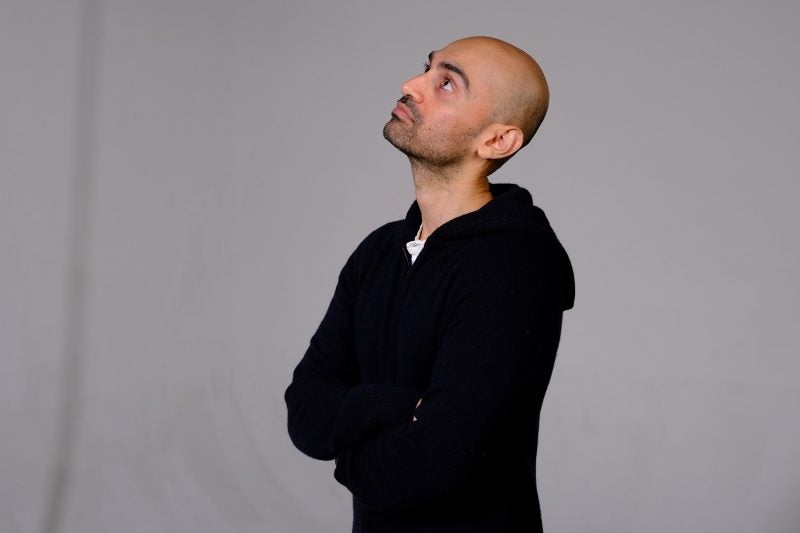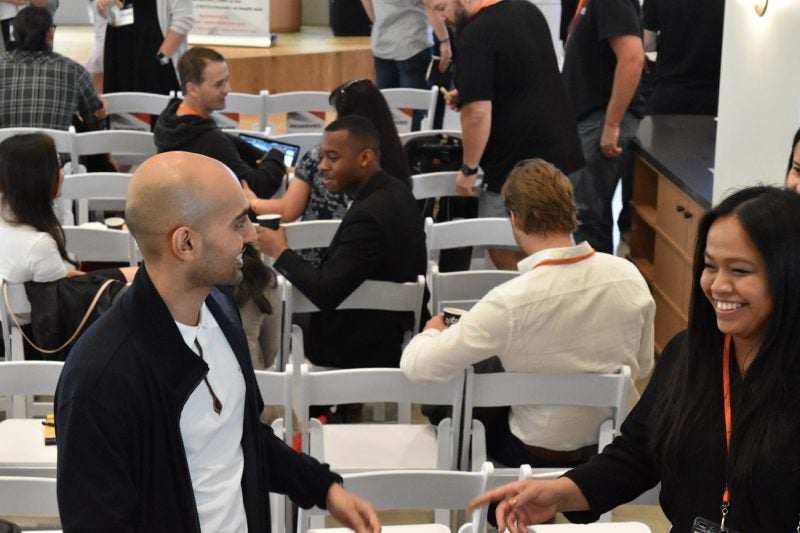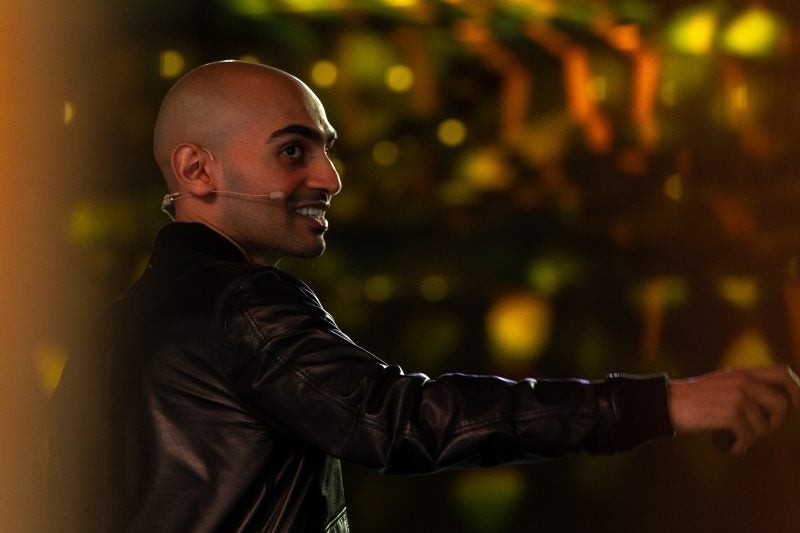Neil Patel is a renowned name in the world of digital marketing, celebrated for his exceptional achievements in the realm of social media marketing.
With a career spanning over two decades, he has solidified his status as a visionary and influencer in the industry.
Born in London, England, in 1985, Patel’s journey into the digital marketing world began early. He co-founded Crazy Egg, a website analytics tool, while still in his late teens, setting the stage for his extraordinary career. His uncanny ability to spot emerging trends and harness the power of social media was evident from the start.
One of Neil Patel’s most notable achievements is his role as the co-founder of KISSmetrics, an analytics and customer engagement platform that revolutionized the way businesses understand user behavior. Under his guidance, KISSmetrics garnered widespread recognition and accolades, propelling Patel further into the limelight.
Beyond his entrepreneurial endeavors, Neil Patel’s expertise in digital marketing has made him a sought-after thought leader, speaker, and educator. His influential talks draws millions of visitors seeking insights on SEO, content marketing, and social media strategies. He has also authored several books and conducted numerous webinars and podcasts, all geared toward demystifying the intricacies of social media marketing.
Neil Patel’s impact extends beyond the virtual realm, as he has advised and worked with Fortune 500 companies and startups alike. His clientele includes companies like Amazon, NBC, and General Motors, a testament to his versatility and the trust placed in his expertise. Entrepreneur magazine said he was the number one marketer in the world.
Patel’s commitment to sharing his knowledge has led to his recognition as one of the top 10 marketers by Forbes, and he has been featured in The Wall Street Journal, The New York Times, and other prestigious publications.
In a rapidly evolving digital landscape, Neil Patel remains a driving force, continuously pushing the boundaries of what is possible in social media marketing. His vision, dedication, and innovative strategies have not only transformed businesses but have also inspired countless marketers worldwide to strive for excellence in the dynamic world of digital marketing.
Swagger caught up with Patel to pick his brain about business, success, social media and marketing…
What’s your secret sauce to success?
I always thought that you need to be in business at the right time and right place. I always thought you had to execute better than others – be smarter than them. A lot of those things can help. But over the years, I’ve had a lot of failures. Some succeed. The successes make up for the failures, plus more. I learned that there’s really three main things that I focus on, the first one is focus.
Early on in my career, most of my businesses failed because they never got enough attention. When they started to make money or take off I’d think, ‘Oh, let me take the money and go do something else.’ If I just doubled down on what I was doing, and stayed focused, I would have grown the business.
The second thing is a big TAM – Total Adjustable Market. It’s much easier to take .1% of a trillion dollar market than it is to take 50% of a million dollar market. It takes almost the same amount of work to go a small market, as it does to go after a big market. So, you might as well go after a big market that is marketable to more people, industries, businesses because it is easier to make money. For example, I’m in marketing. Almost all businesses need marketing. It’s a big TAM.
The third thing, and this is a key ingredient and I never understood this. Early in my career I raised venture capital for some startups. And I remember my board telling me, ‘Your only job is to go out and hire some amazing people.’ It never clicked. It had clicked for my last company NP Digital, and it was my fastest growing company. We were the 21st fastest growing company according to Inc Magazine. The reason it clicked is, I thought, ‘Huh, if I hire people who have already done what I’ve done before, in the same exact industry, from multiple of my competitors – there is a good chance they can do it again a third time.’
If you do something successful once, it could be luck. If you do it twice, you are probably good at it. If you do it twice, you can probably do it again. We look for people who have done it for our competitors at least two times in the exact industry. Chances are they would be able to do it again for us.
What do you look for in employees?
Of course, a cultural fit. Everyone talks about that. There is nothing new there. I look at: whether you worked with my competitors. If you did, I want to see that you got continual promotions. If you’ve gotten promotions – everyone you interview will tell you that you are amazing – but if their boss gives them multiple promotions, that’s usually a good fact. If you’ve gotten that at multiple places, the chances are you are very good.
Resilience is a key factor in any entrepreneur’s toolkit. Can you talk to me about your resilience? How did you just pick up again?
When I was younger, I had a lot of resilience, because I didn’t have a lot of options. When you are 16, you can’t get a nice job or do something else, so you just pick yourself up and keep going. By the time I finished college, I was doing okay, and I didn’t know how to make the kind of money I was making in a 9-5 jobs. There are a lot of careers that do well financially. I was 16 and didn’t understand a lot of these concepts.
What I found over time, I kept making mistakes and failing. I kept making the same mistakes over and over again, but then something clicked. I was listening to a CEO. I don’t know if you know about that story at IBM where a person made a mistake, and lost a lot of money and the CEO said, ‘We just invested in him, why would we fire him?’ I learned from my mistakes. I learned that if I avoid making the same mistake over and over, I would have had most of my mistakes finished. That’s how I got where I am today.
What is your favorite mistake?
I don’t have one favorite mistake. I have one too many mistakes. The worst mistake I made was – before Amazon web services came around – I had this concept of ‘Hey, you get spikes of traffic having your site on a server is inefficient. Why can’t servers be combined – like a cloud – and people share resources.’ Failed miserably. I burned $1 million of invested money on it. Why? Failed execution. Just because you have good ideas, if you don’t have good people in place and don’t know how to execute, you’ll fail. It doesn’t matter how good your idea is. I learned from that. I don’t know crap about hosting and engineering. I stick to what I know about – software and marketing.
How do you feel that marketing has evolved or developed in the past 5, 10, 15 years?
Marketing has changed a lot. I’ll give you the 5, 10, 15 year answer and the last few months answer.
It used to just be Google and Facebook as platforms. Now you have those, plus Instagram, Tiktok, LinkedIn, and you also need to leverage email and push notifications. Basically all good channels eventually get crowded, and you have to be on all of them. That’s how things have changed in the grand scheme of things.
More people talk about TikTok than Facebook, yet Facebook has more users and traffic. So, just because that’s what people talk about doesn’t translate to usages. Everybody used to talk about Clubhouse, but they didn’t do very well. Having a Facebook and TikTok Marketing Strategy is key to visibility.
Usage… you are talking about membership vs. engagement?
I’m talking about membership and engagement. Yes. Just because everyone is talking about TikTok doesn’t mean it’s the most popular platform. It doesn’t mean you should ignore TikTok, but you also shouldn’t ignore Facebook just because it’s not cool anymore.
The other thing is AI is everywhere. People in marketing are overestimating what it can do for them in the short run, and underestimating what it can do for them in the long run. In the short run, it can solve all my problems? No, it can’t. You have to figure out how to use it. There was an interesting stat that came out that 20% of what’s on Chat GPT is false. You can’t just rely on it to solve everything.
I was at a medical company lately, they told me that they looked up diagnoses on ChatGPT, and the sources were totally made up. Would you trust it? I wouldn’t – certainly not for a medical issue. I’m not saying Chat GPT is bad. It’s not. It’s great, but people are overestimating in the short run.
And in the long run, the areas it can help, that marketers are overlooking, is that cookies are going away. It’s getting harder and harder to track users with privacy changes. People spend hundreds of billion of dollars in digital ads. Imagine having AI help you analyze your analytics, and feed you that data, so that you can make your decisions and save on ad costs. There is a lot it can do versus creating a blog post that might have cost your $10 because a blog post isn’t that amazing anyway.
Would you agree that it is getting tougher to reach people online these days, resulting from oversaturation, noise, people being pulled in too many directions? How would a startup try to tackle such a challenge?
I think it is easier to reach people these days, because there are so many platforms to reach people on. The average person is on 6.6 social networks. The hard part is there is so much noise, so it’s hard to get people’s attention. There are so many options, and so many distractions, that it’s hard to get and keep their attention. So you have to do something to stand out. That’s the hard part these days.
How would you describe your business superpower?
Being able to analyze a business, and figure out how to make it grow faster. That’s the one thing I’m good at. I suck at most things, but that’s the one thing I’m really good at.
Who is your business role model?
I love Elon Musk. The reason I love Elon Musk is that he’s just trying to do crazy things that change humanity in a good way. Yeah, he can be rough around the edges sometimes. I don’t know too many people who are trying to solve difficult problems like he is – like living on different planets, just so there is a failsafe for humanity. It’s crazy in a good way.
What problem do people come to you to solve, in the midst of a problem?
Most people come up to me and say, ‘hey, we are not hitting our numbers. There is something wrong. Can you help us get more traffic?’ That we get constantly every single day – especially if their projections are not going well or they will miss their quarterly earnings. Not that they tell us that.
What do you love most about what you do?
I love marketing. I have fun doing it. Most people think it’s boring. I love it.
It continually changes, with algorithms and platforms. It’s a game of cat and mouse, and I just love the game.
But this wasn’t something you trained for specifically…
No. I fell into it. I started as an entrepreneur, hired a marketing company and got burned. I had to learn it on my own and I had fun doing it. That’s how I got into marketing. It was accident. A lot of times, we learn what we like by trial and error. Most kids say they want to be an astronaut or doctor when they grow up, but most don’t become that. They find out what the like by trial and error over the years.




